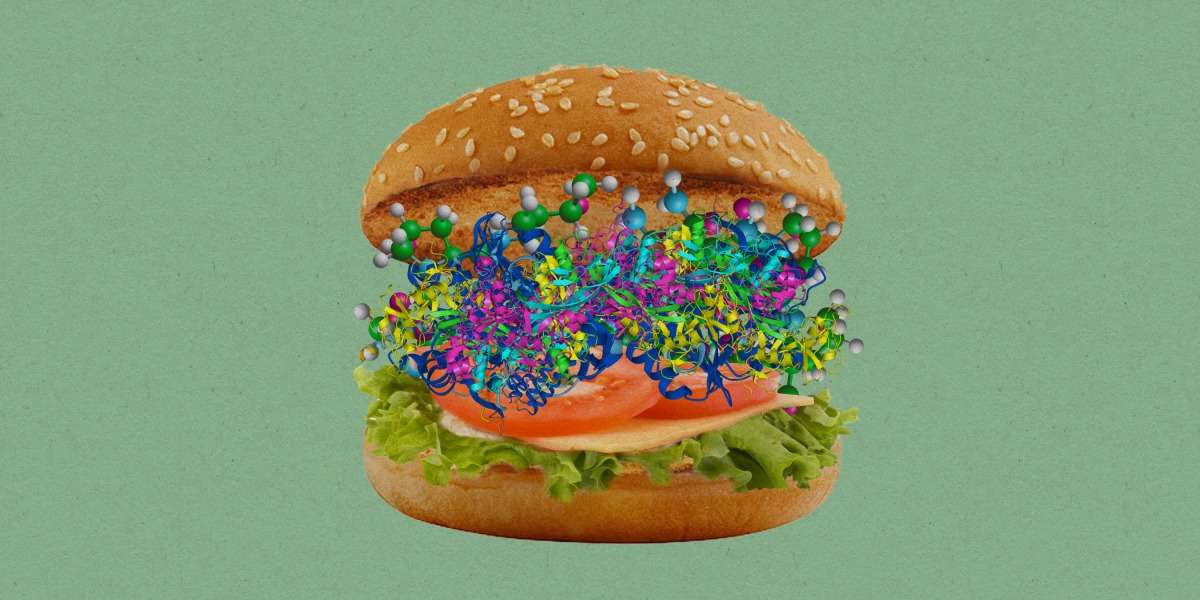
Soon, the menu in your favorite burger joint could include not only options made with meat, mushrooms, and black beans but also patties packed with lab-grown animal cells. Not only did the US just approve the sale of cultivated meat for the first time, but the industry is in the process of raising billions of dollars to bring its products to restaurants and grocery stores.
In theory, that should be a big win for the climate—greenhouse-gas emissions from the animals we eat account for nearly 15% of the global total. But whether cultivated meat really is better for the environment is still not entirely clear. Read the full story.
—Casey Crownhart
Three things to know about how the US Congress might regulate AI
Two weeks ago, Senate majority leader Chuck Schumer announced his grand strategy for AI policymaking at a speech in Washington, DC, ushering in what might be a new era for US tech policy. He outlined some key principles for AI regulation and argued that Congress ought to introduce new laws quickly.
Schumer’s plan is a culmination of many other, smaller policy actions, and is part of a recent flurry of AI-related activity. Tate Ryan-Mosley, our senior tech policy reporter, has identified three key themes in all this chatter that you should know to help you understand where US AI legislation could be going. Read the full story.
This story is from The Technocrat, Tate’s weekly tech policy newsletter. Sign up to receive it in your inbox every Friday.
